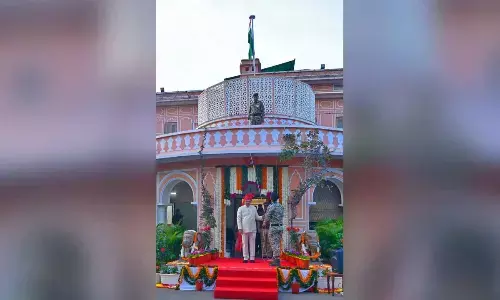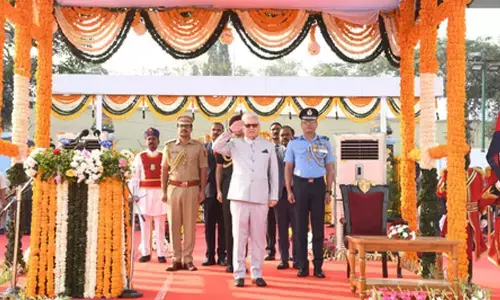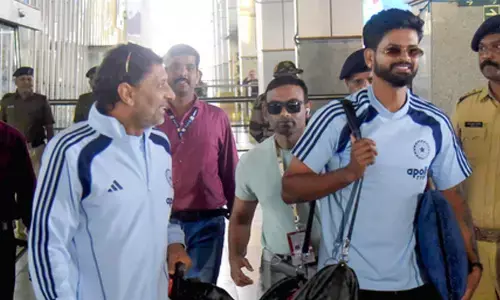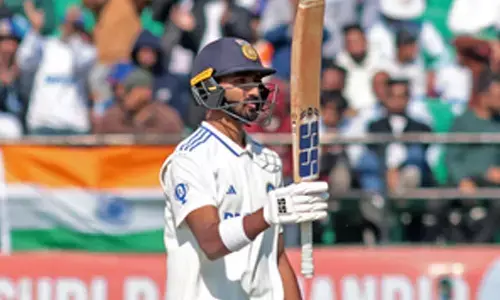No protection for hostellers from mosquito bites
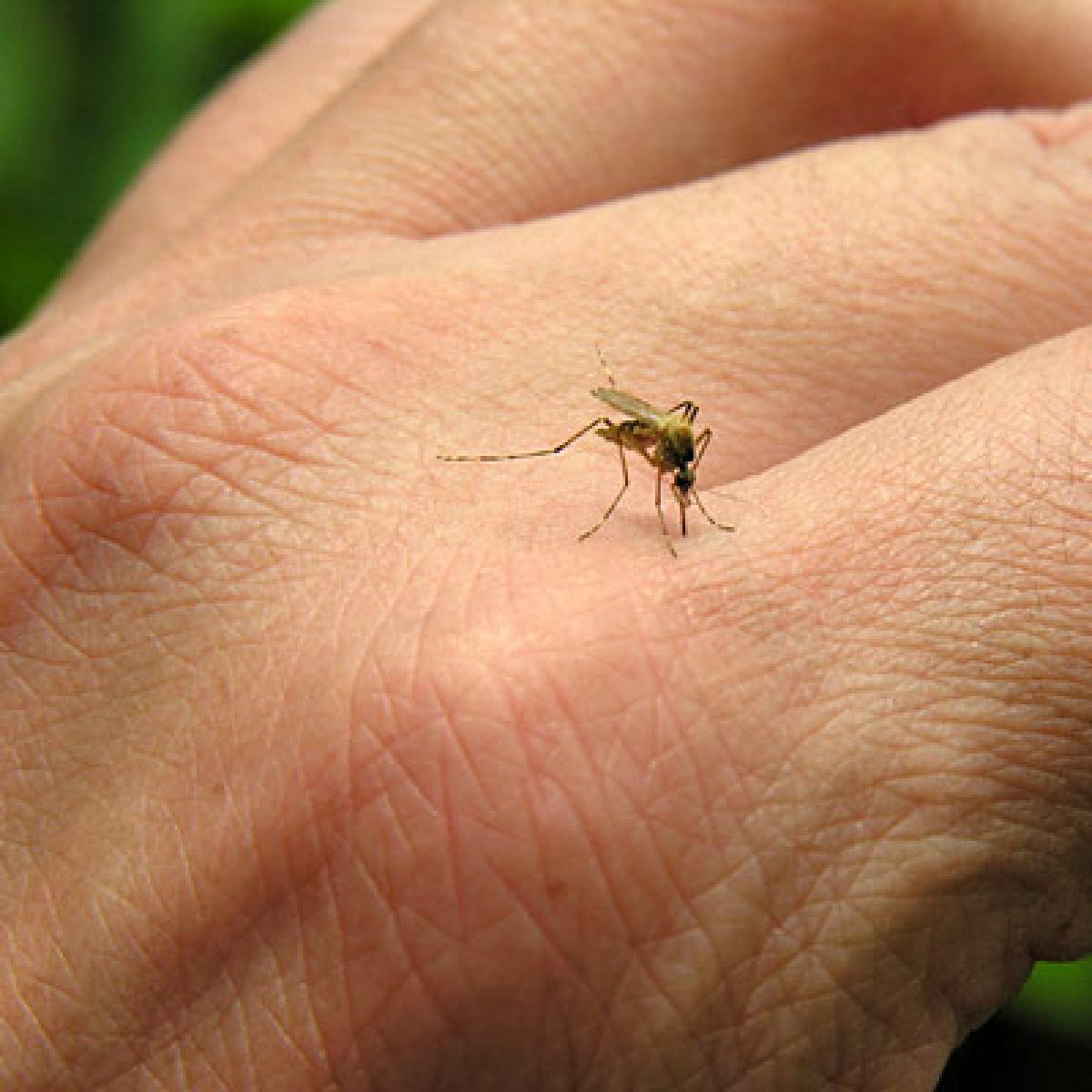
There are around 33,700 students studying in more than 140 hostels in the district and majority have been suffering from malaria, viral fevers, filaria and allergies due to mosquito bites. As there were no regular checkups by doctors, the actual situation was not coming to light.
Nellore: Medicated mosquito nets were distributed to the people in tribal areas, while students in the government hostels have been deprived of such protective mechanism. Consequently, thousands of hostellers were suffering from seasonal fevers and there was no action from the government.
There are around 33,700 students studying in more than 140 hostels in the district and majority have been suffering from malaria, viral fevers, filaria and allergies due to mosquito bites. As there were no regular checkups by doctors, the actual situation was not coming to light.
Basically, people from rural background and poor families join the welfare hostels and they were being ignored basic amenities such as comfortable accommodation, nutritious food and medical facilities. Unhygienic conditions in the government-run hostels have become breeding grounds for mosquitoes.
During the current monsoon season around 3,000-4,000 children suffered from seasonal fevers and mosquito related ailments, according to official sources. Though they were being treated in primary health centres and area hospitals, the quick recovery rate was very low because of sub-standard drugs and lack of nutritious food that affects their immunity system.
“Hostellers are cursed with these vector-borne diseases. Medical officers who have to visit the hostels periodically neglect their role and officials also take no action against their negligence. Consequently, majority students, who were being supplied sub-standard meal, are prone to infectious diseases. Government has to conduct a survey on plight of the children,” said retired medical officer Dr VRK Reddy.
Even though government supplies normal nets there will not be any use with them. Plain nets not treated with insecticide provide limited protection. It provides limited physical barrier between mosquito and the person.
Long Lasting Insecticidal Nets (LLIN) have insecticide incorporated in their fibre so that the insecticide is not removed by as many as 20 washes. The efficacy of the insecticide is retained up to even three to five years. These nets are generally more effective than conventional Insecticide Treated Nets. Furthermore, LLINs are now available at a reasonable price, the retired official added.
Government can give either individual bed net, or a jumbo net that gives shelter for at least five to six people. In such a case, at least 5,500-6,000 nets are essential for providing group nets. Government has to consider a minimum of Rs 60-70 lakh for a couple of years as the nets serve for the period,” said a senior official from social welfare department. He said currently they don’t have any budget for bed nets.









